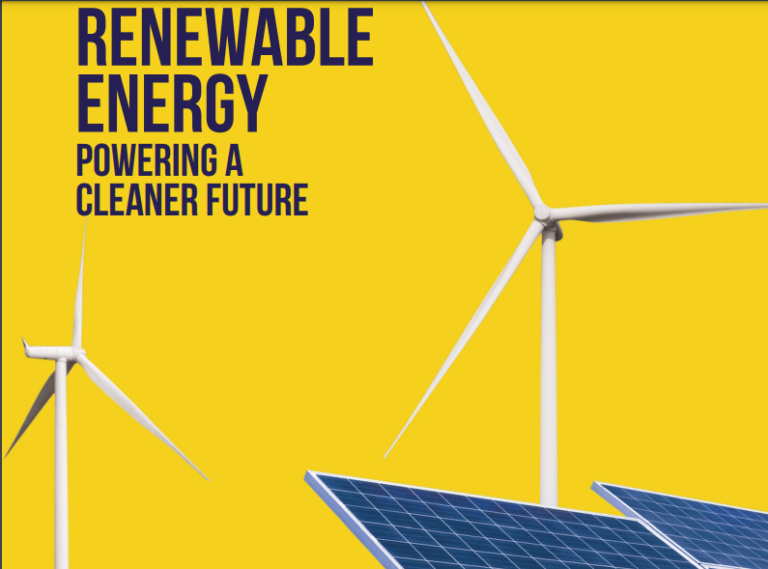Introduction
The electric vehicle (EV) market in India is witnessing significant growth in 2023, driven by a multitude of factors including environmental concerns, government incentives, and the ever-increasing demand for sustainable transportation. In this article, we will delve into the dynamic landscape of India’s EV car market, providing you with key insights and numerical data that underpin the industry’s current state.
Key Market Trends
Government Initiatives:
The Indian government has continued its unwavering support for EV adoption through a range of policy measures. These measures include substantial financial incentives, tax benefits, and subsidies aimed at both EV manufacturers and consumers. With a vision to achieve 30% EV penetration by 2030, the government’s commitment to a sustainable future is evident.
Rising Environmental Awareness:
The escalating environmental consciousness, coupled with concerns over air quality, is driving heightened interest in electric cars among Indian consumers. This trend is especially prominent in metropolitan areas.
Charging Infrastructure Expansion:
The development of charging infrastructure is a pivotal catalyst for EV adoption. Notably, government agencies and private entities are making substantial investments in establishing charging stations across major cities and highways.
Diverse Model Offerings:
Car manufacturers have broadened their electric vehicle portfolios, offering a wider array of choices to consumers. From compact city cars to robust SUVs, there is now a diverse selection of EVs catering to different preferences.
Affordable EVs:
The introduction of more budget-friendly electric car models is making EVs accessible to a wider segment of the population. This accessibility is driving increased sales in the mid-range and budget segments.
Electric Vehicle Numerical Data
- EV Sales Growth: In 2023, electric car sales in India are projected to reach approximately 150,000 units, marking a remarkable growth rate of over 100% compared to the previous year.
- Market Share: EVs are anticipated to capture around 6% of the total automotive market share in 2023, signifying a substantial increase from the previous year’s 2.5%.
- Charging Infrastructure: The number of public charging stations in India is set to surpass 5,000 in 2023, a significant rise from just over 2,000 in 2022.
- Government Investments: The Indian government has earmarked over 2,000 crore rupees (approximately 270 million USD) in subsidies and incentives to boost EV manufacturing and adoption.
- Top-Selling Models: Leading the EV charge are models such as the Tata Nexon EV, Mahindra eKUV100, and Hyundai Kona Electric, each contributing substantially to EV sales.
Electric Vehicle Challenges and Future Outlook
While the Indian EV car market has achieved remarkable growth, it still grapples with challenges including range anxiety, initial high costs, and the need for more extensive charging infrastructure, particularly in remote areas. However, as technology advances and economies of scale kick in, these hurdles are expected to diminish.
The future outlook for the Indian EV car market is promising, underpinned by continued government support, a growing portfolio of EV models, and the expansion of charging infrastructure. As environmental awareness and cost-effectiveness continue to drive adoption, India is poised to play a significant role in the global transition to sustainable transportation.
In conclusion, India’s EV car market in 2023 is experiencing robust growth, fueled by increasing consumer interest, substantial government backing, and a rapidly expanding charging infrastructure. With promising numerical data and a bright outlook, the electric vehicle sector in India is set to reshape the nation’s automotive landscape.








